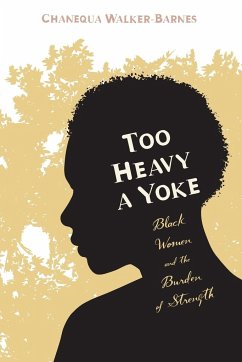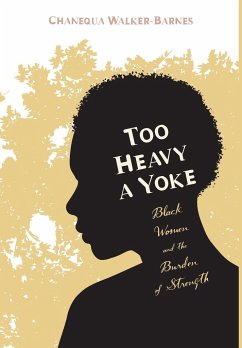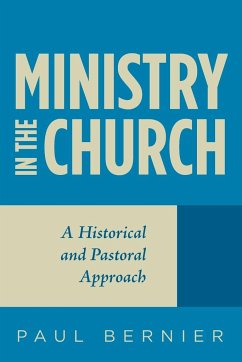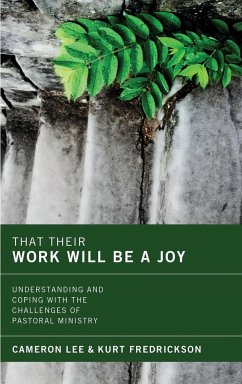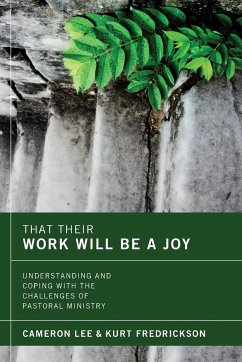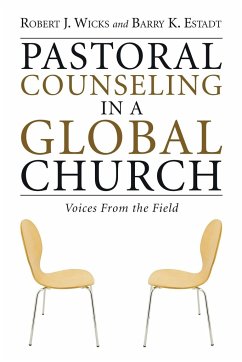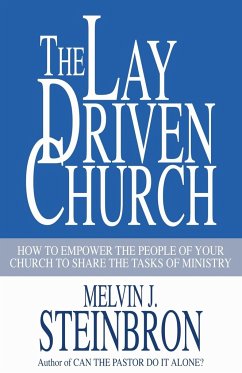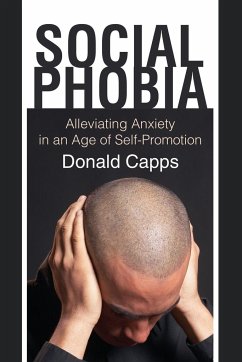Black women are strong. At least that's what everyone says and how they are constantly depicted. But what, exactly, does this strength entail? And what price do Black women pay for it? In this book, the author, a psychologist and pastoral theologian, examines the burdensome yoke that the ideology of the Strong Black Woman places upon African American women. She demonstrates how the three core features of the ideology--emotional strength, caregiving, and independence--constrain the lives of African American women and predispose them to physical and emotional health problems, including obesity, diabetes, hypertension, and anxiety. She traces the historical, social, and theological influences that resulted in the evolution and maintenance of the Strong Black Woman, including the Christian church, R & B and hip-hop artists, and popular television and film. Drawing upon womanist pastoral theology and twelve-step philosophy, she calls upon pastoral caregivers to aid in the healing of African American women's identities and crafts a twelve-step program for Strong Black Women in recovery.
Hinweis: Dieser Artikel kann nur an eine deutsche Lieferadresse ausgeliefert werden.
Hinweis: Dieser Artikel kann nur an eine deutsche Lieferadresse ausgeliefert werden.

